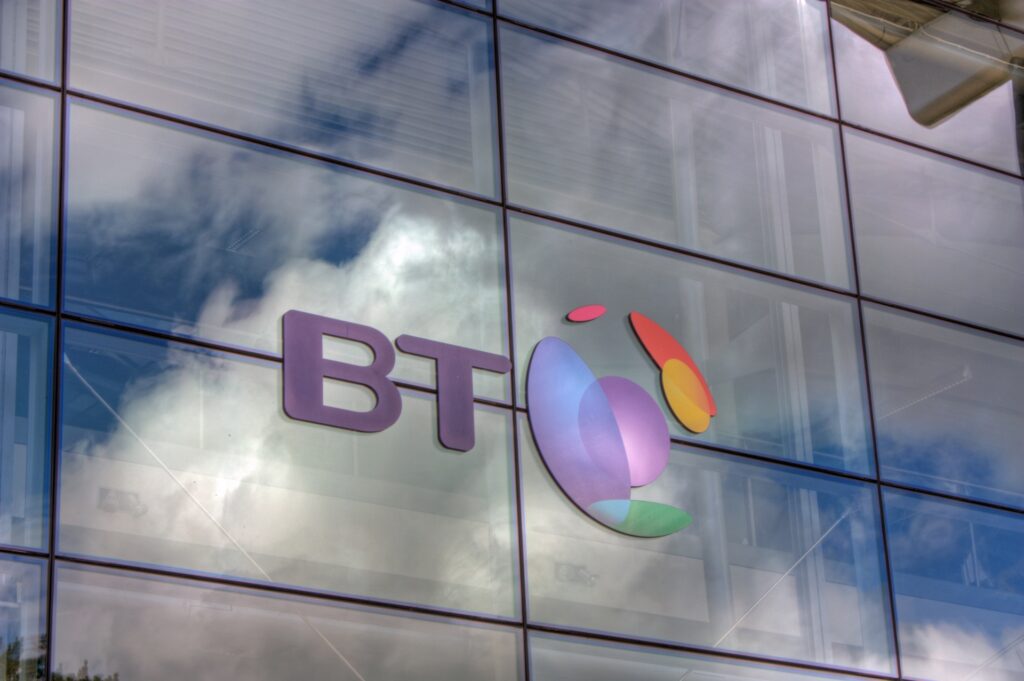BT Group’s pension financing deficit has been significantly reduced from £8 billion in 2020 to £3.7 billion, and the telecoms company has stated that annual contribution amounts will remain unchanged.
BT is committed to contributing £600 million annually to one of the largest pension schemes in the country until 2030. Additionally, the company will contribute £180 million under an asset-backed financing arrangement.
Chairman’s Perspective on Funding Progress
Otto Thoresen, chairman of the BT Pension Scheme, stated that, following a framework established in 2020, the fund remained on track to be entirely funded by 2030.
He said in a statement, “Despite high levels of macroeconomic volatility and uncertainty, the BTPS remains on track to fulfill its obligations to members.”
“With the improvement of funding levels and a diminishing deficit, we maintain our progress towards achieving full funding by 2030.”
Financial Strategy Amid Headwinds
The chief financial officer of BT Group, Simon Lowth, expressed satisfaction with the BTPS’s adherence to its long-term strategy despite the headwinds and uncertainty identified since 2020.
“By expanding upon the framework established during the 2020 valuation, the 2023 valuation could be completed expeditiously.”

“The agreement enables us to execute our strategic initiatives, including business transformation and network investment.”
Furthermore, such an action aligns with our funding objectives. We want to invest in value-creating opportunities, strengthen our pension funds, pay progressive dividends, and maintain a strong balance sheet.
Financial Performance and Outlook
After first-half revenue and earnings increases, BT predicted a full-year turnout at the top of its target range earlier this month.
The FTSE 100-listed company reported £10.4 billion in adjusted revenue for the six months ending September 30, representing a 3% pro forma increase over the same period last year.
This was partially offset by declines in legacy products. The offset was attributable to increased sales of fiber-enabled products, inflation-linked pricing, and improved trading in the lower-margin business segment.
Additionally, the group experienced a rise in adjusted EBITDA, which increased by 6% to £4.1 billion. Furthermore, there was a 4% increase on a pro forma basis. Revenue flow-through and expense reduction helped balance cost increases and one-time items from the previous year.
Due to rising input prices and the reduction of high-margin legacy portfolio managed contracts, BT’s business sector EBITDA fell.
The company’s first-half pre-tax earnings was £1.1 billion, up 29% from the previous year.
On Tuesday morning, BT shares were down 0.98 percent, or 1.20 pence, to 121.75 pence.





